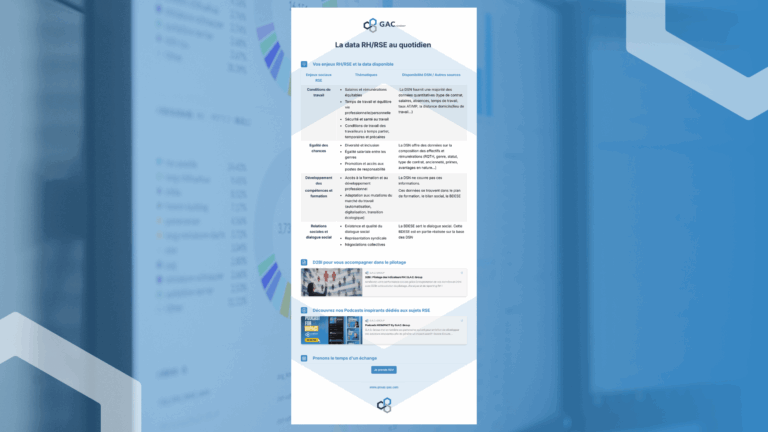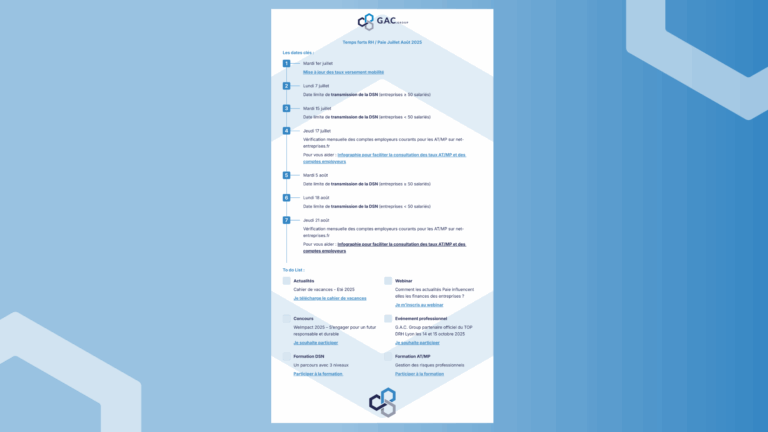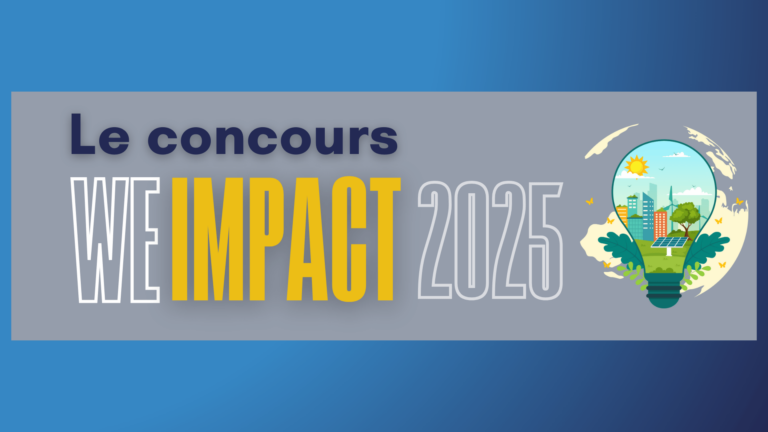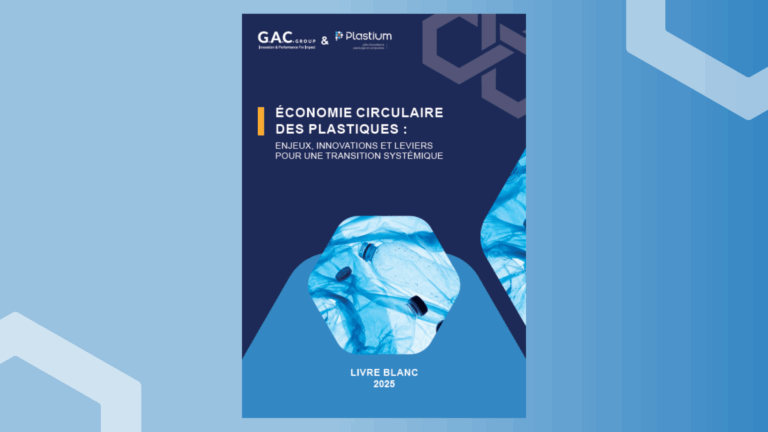After having conducted the mid-term evaluation of the ambitious NANO2017 R&D program on semiconductors (nearly 700 million euros), inno TSD and Collaborative People are again commissioned by the General Directorate of Enterprises to carry out the project. ex-post evaluation.
For more than 60 years, the semiconductor industry has been facing increasing innovation challenges: ever more powerful products, but also smaller and consuming less energy. This pace of innovation requires global manufacturers to invest massively in research and today, only a few players remain in the race to miniaturize chips.
Governments around the world are paying special attention to this sector. China, the United States and Taiwan massively fund research programs in nanoelectronics.
The stakes are as high as the strategic nature of the sector. Semiconductors are a strategic area of development and research at the global level. They are the [key components] of many products for strategic applications: from defense to 5G, including healthcare, automotive, mobile and aeronautics. Moreover, this industry represents a growing weight in the global economy with an exceptional growth since 2016 to reach nearly 500 billion dollars in 2018.
Europe appears to be a minor player in the sector, but its industrial fabric retains strong players. In France, for example, around Grenoble, STMicroelectronics, Soitec, the CEA-LETI and a large number of high-tech SMEs form a dynamic and open ecosystem.
In order to support this ecosystem and promote the competitiveness of players by financing differentiating innovation projects, France launched the NANO 2017 program in 2013. With nearly 700 million euros, NANO 2017 aims to support the innovation in the nanoelectronics industry. It concerns the R&D carried out by the company ST Microelectronics and its Grenoble ecosystem, in particular the CEA, SOITEC, and many SMEs and startups. In return, this strategy should make it possible to strengthen technological know-how, to structure the ecosystem and to generate competitive economic activity in the territory.
After mid-term evaluation of the program in 2017, the General Directorate of Enterprises has once again called upon the inno TSD - Collaborative People partnership to conduct the final evaluation. This ex-post evaluation, which will be conducted within inno TSD by the team Camille Begon and Benoît Masquin, will capitalize on our experience and expertise in the evaluation of public policies related to innovation and will have a deliberately quantitative focus, with an econometric component. Results are expected in April 2020.









